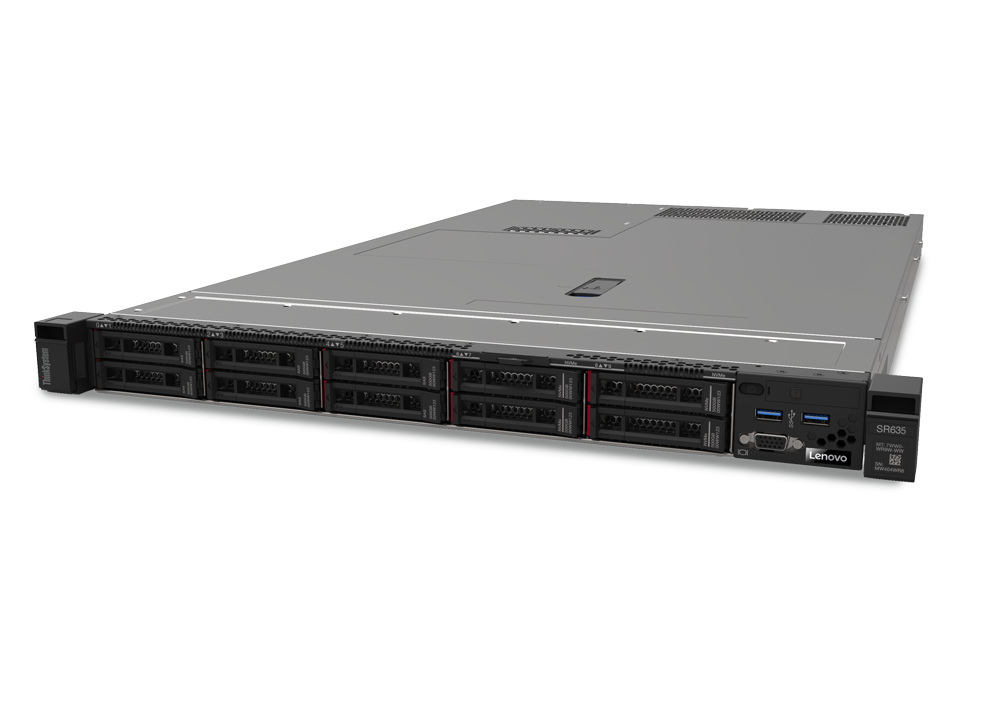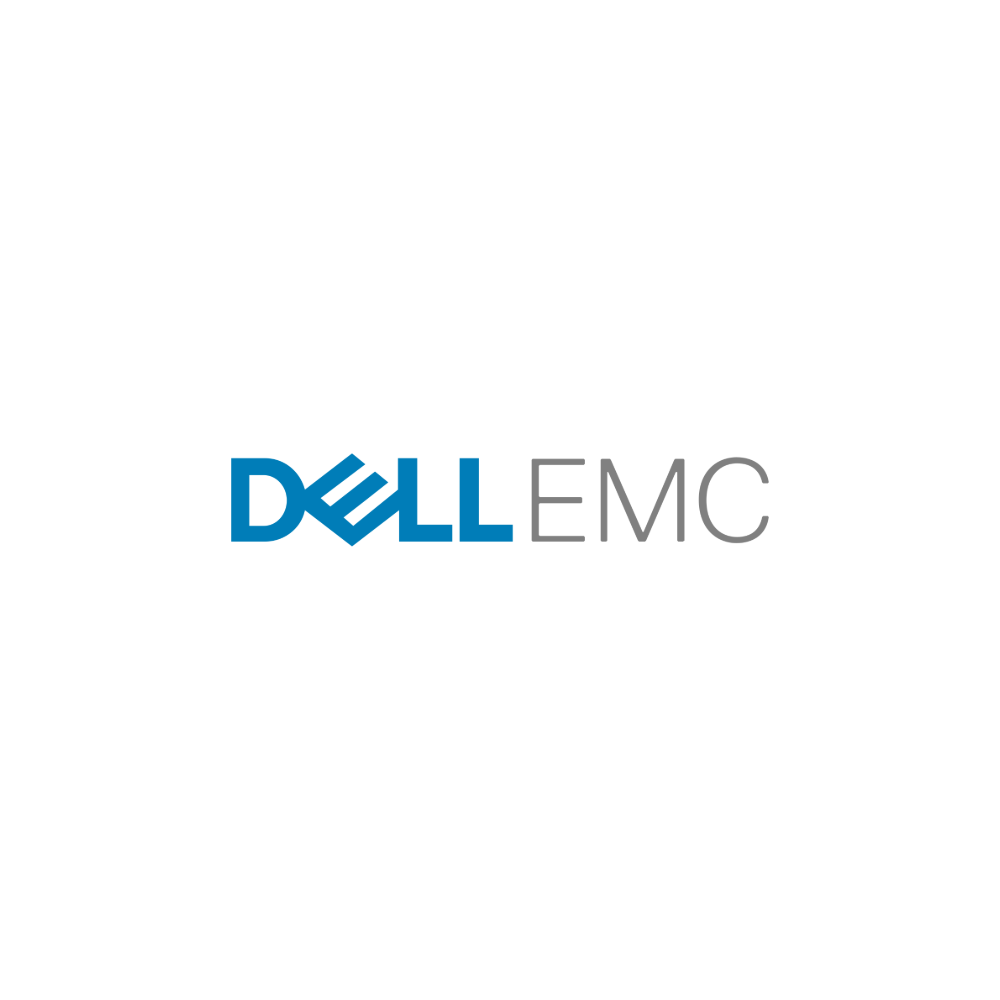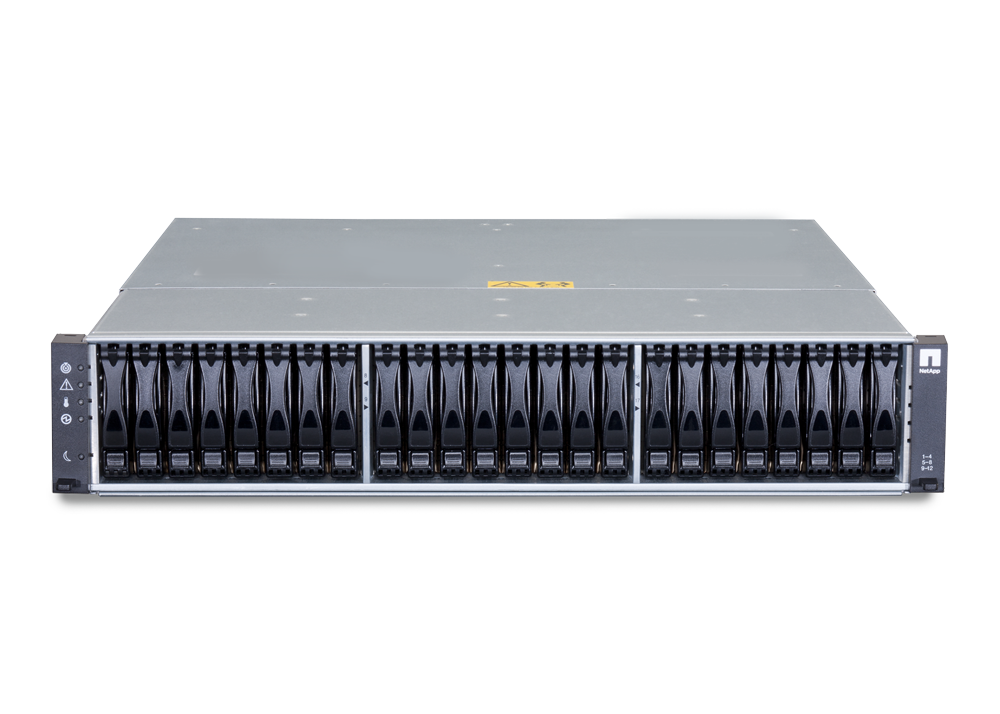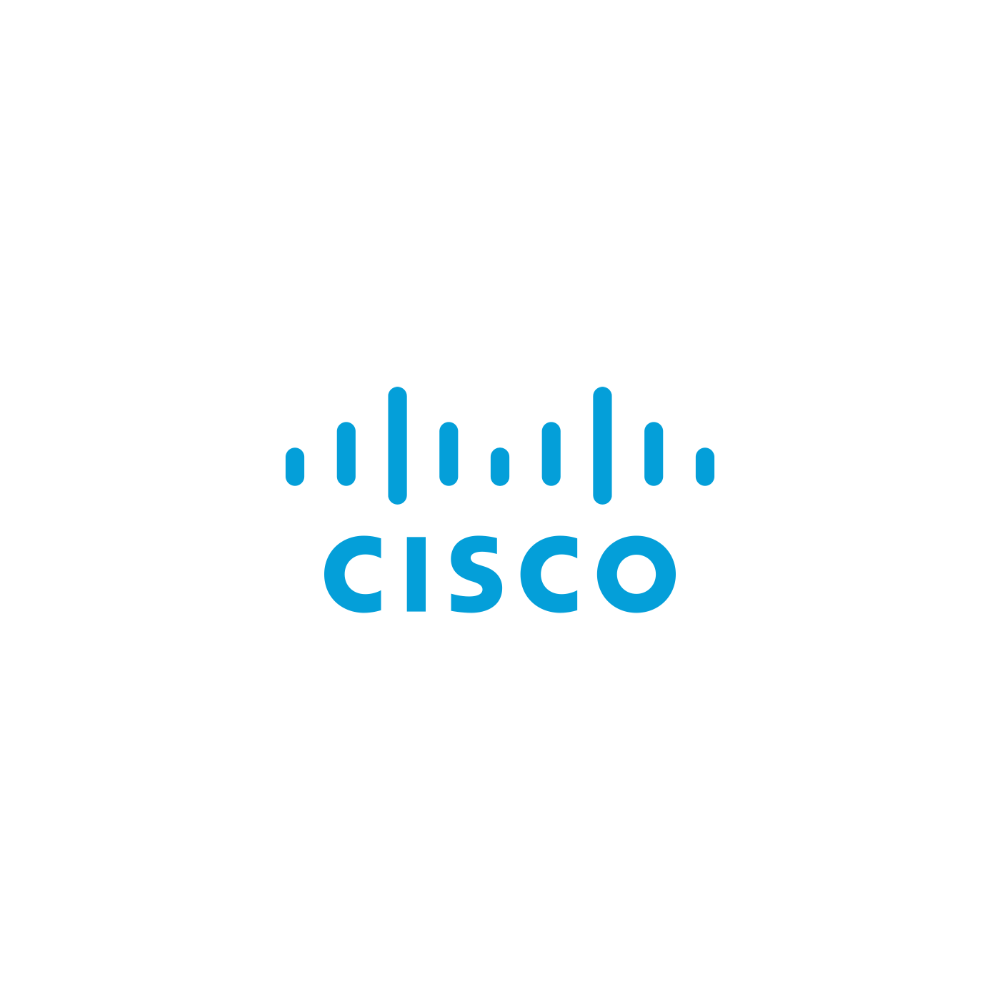ENTERPRISE AND MIDRANGE HARDWARE
Storage hardware on-hand to support your business
Only Covenco has access to the entire market for enterprise and midrange hardware. We source our stock globally, and we ship from the United Kingdom, the USA, and Europe. We guarantee to get critical systems and parts to you within 48 hours where necessary.
Our warehouses hold stock of all major brands including new and previous generations. We also service, repair and refurbish hardware.
Finally, we offer buy-back on any redundant equipment, helping you meet your green recycling objectives while giving you additional funds to improve your bottom line on any hardware purchase. We aim to support your business 24 hours a day, 7 days a week, 365 days a year.
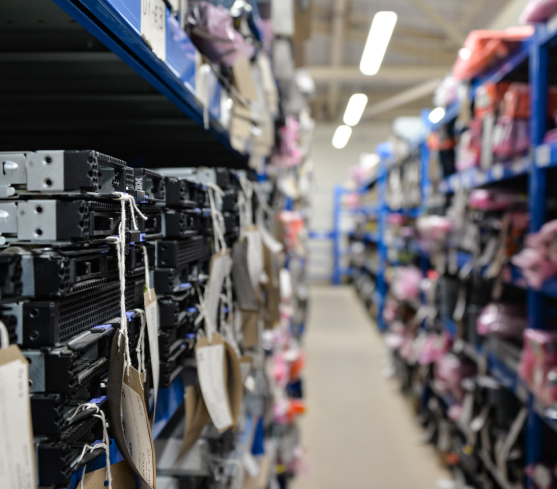
Our approach to midrange systems & storage hardware
Covenco typically pre-purchases stock of new, used, and unused computer hardware. Much of our inventory comes from vendors that are looking to offload the previous generation of their most popular product lines.
Some come from data centre environments where storage hardware has been maintained and monitored. We bring all of our stock through our engineering department for thorough testing, updates, and inspection before putting it on the shelf and making it available.
We sell storage hardware from all the major vendors
Covenco Sell (and buy) computer systems from the world’s top vendors, including IBM, HP, Dell/EMC, Cisco, NetApp, and Lenovo.
Request more information
Please complete this form to request information about pricing and availability.
Frequently Asked Questions
What is storage hardware?
Data centre storage hardware refers to physical equipment designed to store and manage large amounts of digital information. This equipment can be new or pre-owned and encompasses various technologies to meet diverse business needs. Covenco offers various storage hardware solutions from industry leaders like IBM, HP, Dell EMC, and more.
What is an example of data centre storage hardware?
One example of data centre storage hardware is the IBM FlashSystem FS5200, highlighted on Covenco’s website. This system utilizes flash memory for high-performance storage solutions.
What is the most common storage device in a data centre?
Hard Disk Drives (HDDs) are currently the most common storage devices in data centres. They offer high storage capacity at a relatively lower cost than other options. However, their access times and performance are slower than those of newer technologies like solid-state drives (SSDs).
What’s the difference between an SSD and a Flash Core Module?
- Solid-State Drive (SSD): This is a complete storage device containing flash memory chips, a controller, and firmware. It functions similarly to a traditional hard drive but uses flash memory for faster data access and transfer speeds. SSDs are ideal for frequently accessed data or applications requiring high performance.
- Flash Core Module: This component within a storage system utilizes flash memory. Unlike an SSD, it’s not a standalone device. Flash core modules can be used in various storage arrays, offering high-performance storage options within a larger system.
Are spinning disks still relevant in mid-range storage in 2024?
Yes, spinning disks (HDDs) are still relevant in mid-range storage in 2024. While SSDs offer significant performance advantages, HDDs remain cost-effective for storing large amounts of data that are less frequently accessed. Many data centers utilize a tiered storage approach, employing SSDs for critical applications and frequently accessed data, while leveraging HDDs for archiving and colder data storage needs.



